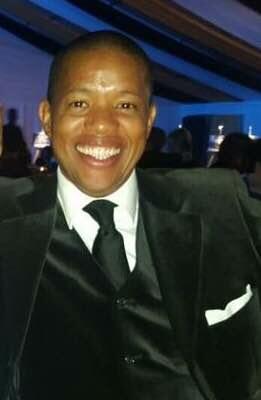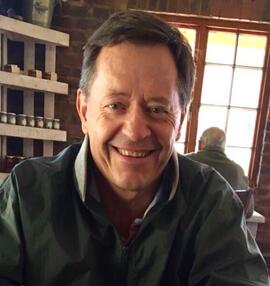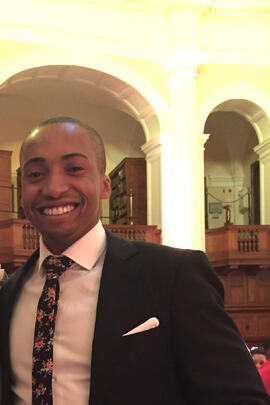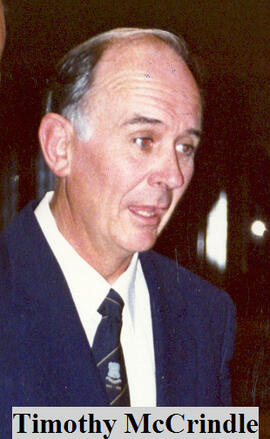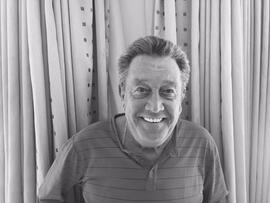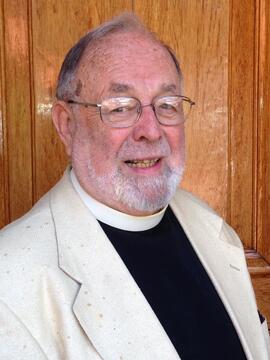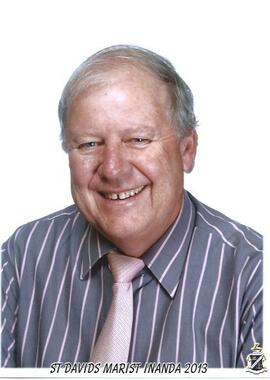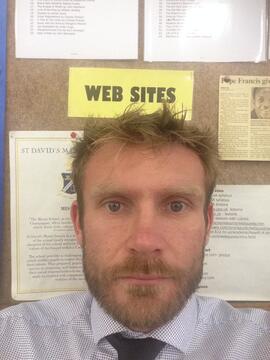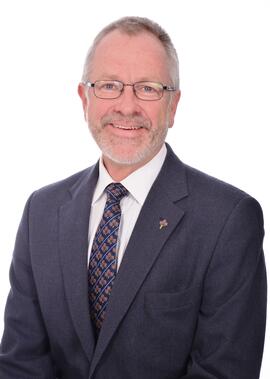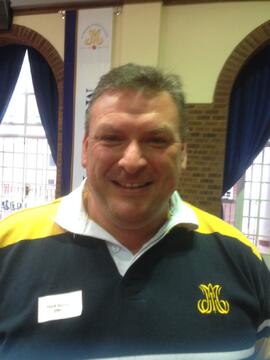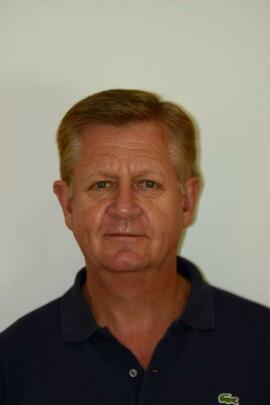Interview with Kurt Morais 1993
- ZA ZAR STDS 202000832
- Pièce
- 2015
Interview with Kurt Morais – 1993
Kurt remembers being interviewed by Brother Jude in 1980. He was kind and warm and asked Kurt what
he would do at school and Kurt responded by saying that he would play and learn. Initially Kurt found
everything very intimidating. Mr Davies was headmaster of the school at the time.
Whilst at St David’s both Kurt and his brother Earl (1989) grew up in two distinctly different environments.
During the day, at a predominantly white school and then returning home into a township environment. Kurt
was sensitive to race issues but was never made to feel any different by his teachers and other pupils, with
the exception of Mr Davies. In grade 2 a fellow pupil, Michael Fuchs went with him into the township. Kurt’s
father ran a shebeen in which both he and Earl worked from time to time whilst their mother was a bank
clerk and eventually became a bank manager.
In the prep school he remembers teachers such as Mrs Walton, Mrs Hildyard and Mrs Geldenhuys.
Another boy Zam Nkosi was with Kurt from grade 0 up until matric. Other teachers he remembers well were
Mrs Hurley, Mr Finlayson, Mr Kotze in standard 5 and he recalled that if a pupil got less than 15 he would
be caned for every mark lost. Mr Eagen was an English teacher with a lisp and boys being boys, mocked
him. Mr Girdwood was a good English teacher and most sought after. He captivated the boys’ imagination
with his stories and Kurt likened him to Robin Williams in “Dead Poets Society”. Other teachers of note
were Miss Von Guilleaume who taught Zulu and Mr Lambe, Religious Instruction and Science.
Kurt said that he grew up with interesting characters, some highly educated and some with prison
backgrounds. Willy Castle taught him how to swim. He participated in soccer, rugby, swimming, basketball,
athletics and cricket but didn’t play tennis. However after a number of injuries his parents decided that he
should no longer play rugby.
He went with the athletics team to Potch University for training and found it to be an excellent way of
bonding with the team members. Kurt was also basketball captain in his matric year and excelled in
athletics.
Kurt was a member of the school choir and participated in all the school plays.
Kurt was appointed a prefect but had to give it up due to an incident on the school bus returning from an
athletics event. Both Kurt and another coloured boy, Bushan Ravjee were unaware of the incident but were
in any event defrocked. Gary Norton spoke out against this decision.
Kurt admits to messing around a lot in class and was kicked out on numerous occasions but he excelled
after leaving school.
After matriculating, Kurt was awarded a Konrad Adenauer bursary. The Geldenhuys family assisted with
this and he initially studied for a degree in engineering at Wits but after 2 ½ years realised it wasn’t right for
him and went on to study politics and economics at RAU.
Kurt is marrie, has 3 sons and a baby daughter Milea. His eldest, a stepson aged 17 is currently studying
at the British International College and has Spanish as his second language, the other sons Alexander, 6 is
in grade1 at St David’s and Adam, 2 1/2 will probably start in grade 0.
Kurt spent 4 years in Washington working at the World Bank but returned to South Africa in 2015. Belinda
Marais visited him when she was attending a conference in Washington.
JLE December 2015
Egenrieder, Julie

